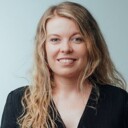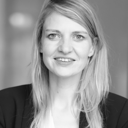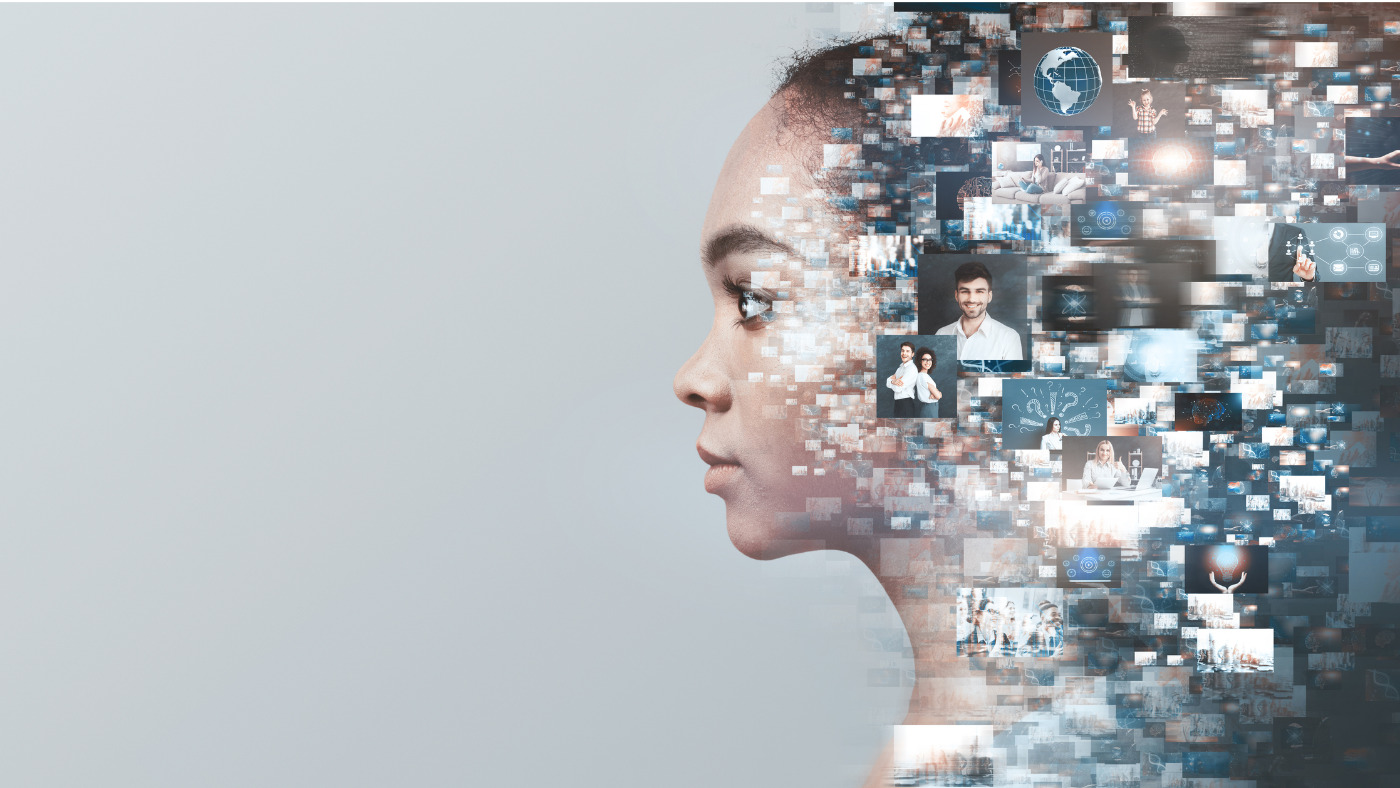How the 'Groundbreaker Talents’ Scholarship Program Transforms Lives and Reshapes Tomorrow’s Talent Pipeline
Leoni Rossberg from Groundbreaker elaborates on how to create access to opportunities for young talent, foster more diversity in tech, and pioneer change.

©Fokusiert | istockphoto.com
There are any number of good reasons as to why the Internet industry needs female reinforcement. Numerous fields in the branch are up against a shortage of skilled workers. What’s more, homogeneous teams and uniform ways of thinking represent a clear obstacle to innovation. The digital industry is booming, new digital business models are being created each and every day, and lucrative jobs are being created – but all too often, women are still missing out. The eco Association wants to change that. As part of its topic field “Women in Tech”, eco invites inspiring female specialists and executives from the Internet industry to take the floor in a series of interviews.
Since 2019, the non-profit organization Groundbreaker has been advocating for a fairer distribution of resources. Through its innovative “Foundation-as-a-Service” concept and its broad network of partner organizations in over 40 countries in the Global South, the organization makes it as simple and uncomplicated as possible for people to commit to a good cause. In 2023, Groundbreaker launched their Talents program in Uganda, which offers a one-year bootcamp to train young women from financially constrained backgrounds in software engineering. The aim is to bridge the skills gap between the sought-after skilled labor force and youth full of potential. This scholarship represents a life-changing chance for many young women to enter the national and international tech market and earn dignified living wages. In our interview with Leoni Rossberg, Co-Founder & Managing Director at Groundbreaker, we learn how she implements the Groundbreaker Talents program in Uganda.
Hanna von der Au: In Europe, there is still a significantly large gender gap in the tech industry, with women only occupying 22%* of tech jobs in European companies. What does the situation look like in the IT industry in African countries?
Leoni Rossberg: Unfortunately, the same applies to African countries such as Uganda, with the gender gap in the tech industry widening even further. Women are often stuck in junior and entry-level positions, which severely impairs their professional and personal development. The main problem here is the limited access to training and further education opportunities, as well as to networking and mentoring.
On top of the 22% gender gap, we have to address the fact that, internationally, Black women only occupy 3% of tech jobs. At Groundbreaker, we firmly believe in the “Diversity Imperative” – namely, that companies with a diverse workforce and an integrative workplace culture are more successful and better equipped for the future.
Von der Au: We’d like to learn more about your project. Why did you choose Uganda? Are there success stories about participants that you can tell us about?
Rossberg: We have been increasingly active in the tech world since we founded Groundbreaker. Many companies we talked to showed great interest in getting involved but repeatedly asked how they could actively engage their employees. We also noticed again and again that the tech scene lacks diversity.
The aim of our scholarship Groundbreaker Talents program is to help young African women overcome long-term paths of poverty and lack of opportunity while shaping a more diverse talent pipeline in tech. This is why we no longer speak about donations; our focus is far more on social investments for training the right talents.
In Uganda, particular advantages involve having English as the official language and its time zone is close to Europe; these are excellent conditions for easy international cooperation. Furthermore, the tech scene in Uganda is currently experiencing an impressive upspring, facilitated by investments in digital infrastructures in the context of the “Digital Agenda 2040”. This is leading to numerous new jobs in the formal sector.
In June 2023, we started our first cohort, and the successes are already clearly visible. Since that time, young women’s learning progress has been remarkable. The so-called “Residential Approach” – involving studying and living on one campus – is already showing its effect, even though some of our scholarship recipients never had access to a computer before starting the training. Our goal is not to teach some coding but to train profound skills to enter and shape the tech sector. It fills us with joy to see these young women acquiring valuable skills and simultaneously gaining self-confidence.
We also see that our mentoring program involving tech companies from the Global North is creating a significant impact. The personal contact between a mentor and mentee promotes openness and helps break down barriers. We aim to boost diversity on both sides and achieve a sustainable impact.
Von der Au: What challenges have you encountered during your project? How have you dealt with them?
Rossberg: Fortunately, we’ve only encountered very few challenges so far. Our team in Uganda is fantastic and highly motivated. Naturally, challenges to the project stem from the decision to train young women who had no prior experience and who come from extremely financially constrained backgrounds. Especially at the outset, things were rather overwhelming for the scholarship recipients, but they all worked on becoming resilient and patient. Also, while power outages and temporary Internet problems are unfortunately part of everyday life, this will thankfully soon be a thing of the past, given that we have installed enough generators on our new campus.
Von der Au: There are many humanitarian organizations and projects that bring real added value to local inhabitants, but it is not always easy to find them. What tips do you have for those interested in humanitarian work? What should people look out for when selecting a project?
Rossberg: Before we founded Groundbreaker, I had worked for many years in a number of small and large organizations. In my opinion, in order to generate real added value, it is crucial to support local structures. However, I understand that it is difficult to find these small, local organizations and to give them a vote of confidence. This challenge gave rise to our actual “Foundation-as-a-Service” concept. We wanted to make it as simple and uncomplicated as possible for motivated donors to find a great project that makes a sustainable difference within their communities. By now, we have a large network of local initiatives in over 40 countries of the Global South, and we can connect these with the right donors. I would always look for projects that do not create any dependencies and demonstrate a sustainable approach.
Leoni Rossberg is the co-founder and managing director of Groundbreaker, a non-profit organization that makes doing good simple and straightforward. She has worked in the humanitarian aid sector for many years and gained wide-ranging field experience in various crisis contexts around the world. Right now, Leoni is focusing on implementing Groundbreaker Talents in Uganda, helping young women to get the skills they need to become software engineers and to kickstart their careers in IT.
Please note: The opinions expressed in Industry Insights published by dotmagazine are the author’s or interview partner’s own and do not necessarily reflect the view of the publisher, eco – Association of the Internet Industry.






